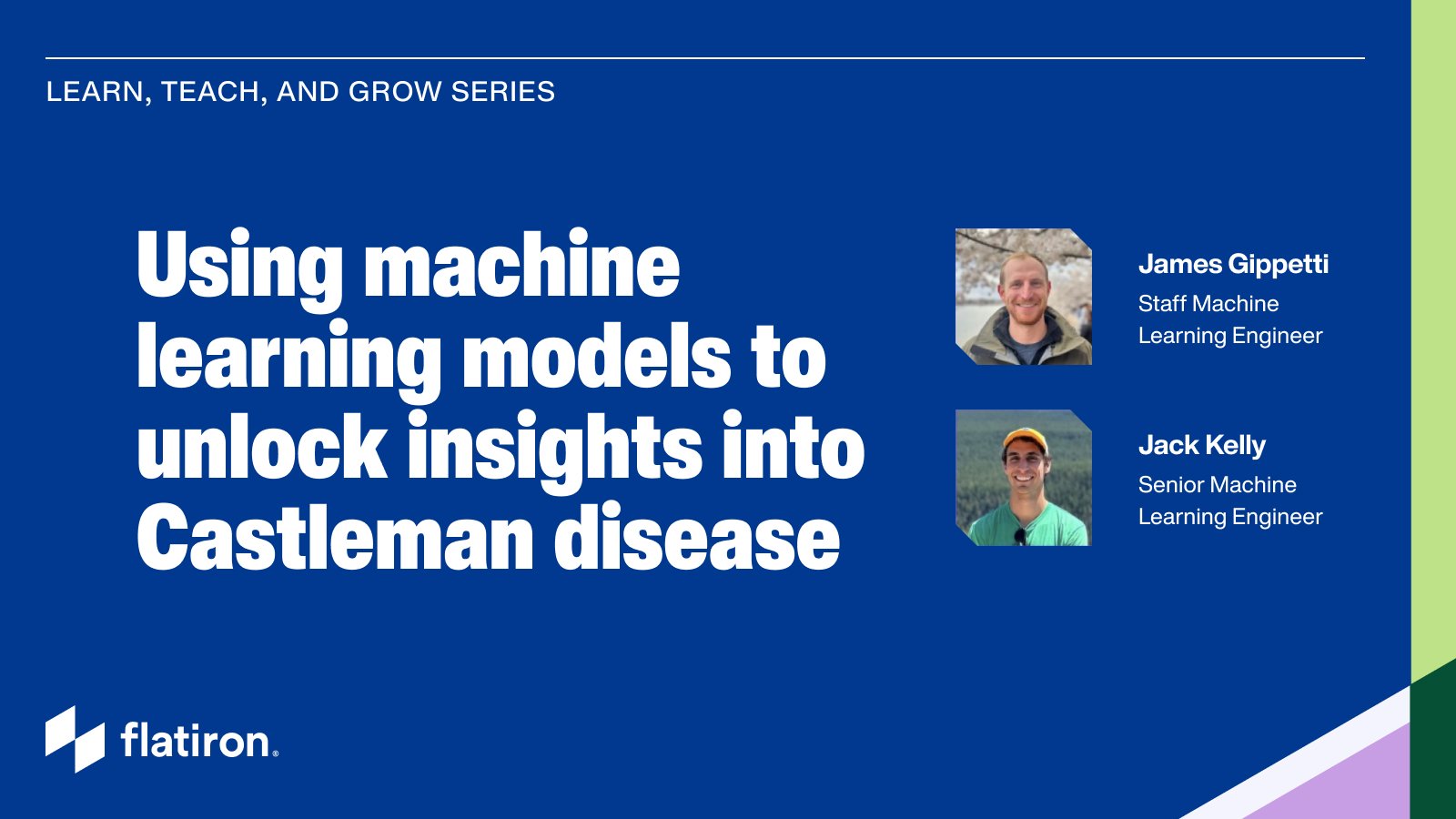I thought I had this whole pandemic/lockdown thing under control.
After early mornings spent doom-scrolling COVID stats and coercing my dog into eating his breakfast, it was off work - bedroom door shut, earbuds in, deep breath and a smile for Zoom. Years as an actor helped me perfect a tone approaching chipper as I described my weekend as "terrible...but fine." At the end of each day, I'd close my laptop and attempt a half-hearted barre workout in my living room while my neighbors cheered and banged pots for the healthcare workers. Days turned into weeks, weeks into months, and somehow I had stopped thinking about the subway and couldn't remember the last time I'd worked on a new play.
I was supposed to be an engineer, not an HR professional and certainly not a playwright. My Dad programmed computers in the ‚Äò60s and he was later a video editor for network television and a robotics teacher. While other dads had hobbies like fishing and cars, mine was really only into one thing: Amateur Radio. At 9 years old, I got a perfect score on the Morse code test for my Amateur Extra license, and my Dad always spoke about that day with more pride than he did about my education, my wedding, anything else. He never understood my hard academic left into theater, though he begrudgingly accepted it. HR made even less sense to him. But I heard just a tiny bit of that Morse code pride in his voice when I accepted the role at Flatiron, my first job in tech. Not as an engineer, obviously … but close enough for him.
Seven months into the lockdown and one big button away from launching the Winter Performance Review cycle, I got the call. THE CALL where your parents weirdly ask if you've had dinner yet and also if you're sitting down.
My Dad had been diagnosed with liver cancer. Rare. Advanced. Inoperable. The tumor was the size of a cantaloupe, and in the months to follow there would be radiation and chemo and a dark pain that didn't seem to fit in my newly contracted life. My Dad wore a Flatiron beanie to all of his treatments, to have a piece of me there when COVID restrictions kept us apart.
Here's what I've learned while living through the worst of times.
No one knows how to do this.
Teaching others how to adapt to change, to be resilient and productive, is part of my job. I have toolkits of tactics and countless links to relevant HBR articles. In the "before" times I was so proud of my stoic level of calm during a crisis, but this was one crisis too many. On my lowest days, I felt like a complete fraud. On more rational days, I was able to separate burnout from trauma and understand why the strategies for one were useless in alleviating the other. And no matter which kind of day I woke up to, I somehow always managed to get up.
Survival skills are relative.
I wanted to project-manage my Dad's cancer, to be helpful in a time of helplessness. But his condition was a moving target, and every step forward took us four steps sideways. So, true to the half-robot heart I'd always had, I coped by becoming the family tech support. I set up my parents' digital streaming accounts and resurrected a combo scan/print/fax machine to make collating medical records easier. I installed a continuous glucose monitoring device and taught my Mom how to remove it over FaceTime. When asked how my Dad was doing, I once responded, "He's back in the hospital today, but the Amazon Fire Stick is finally working."
Hindsight, as they say, is 2020.
Almost three months to the day of my Dad's cancer diagnosis, he left us. In the chaos of planning a graveside funeral during COVID times, my Mom's question about what to put in the casket with him felt almost ridiculous. My brother insisted that Dad wasn't King Tut, while my Mom was trying to stuff an entire plush throw in there with him. I was mostly indifferent until an idea materialized out of nowhere, days too late. When my Dad taught robotics, his kits for Lego competitions always included the little Lego Men (which weren't needed for the robots) so he'd stuff them in his pockets for safe-keeping. They'd re-emerge every time he pulled out his wallet.
We should have put a Lego man in his pocket. This thought haunted me for weeks.
After the funeral, we three sat shiva in our pajamas, decontaminating shipments of bagels and flowers. We had sleepovers in which we'd all wake up in a state of existential panic. Sometimes, we'd lull each other back to bed with tales from the past, imitations of Dad's thick Bronx dialect. Other times, we just needed to cry.
There's no right way to grieve, no best practice for heaping trauma upon trauma. But someday, when I'm asked about this time, I hope to be able to say that it was "terrible … but fine."



